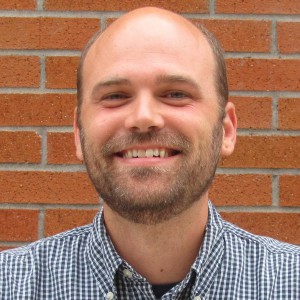Each summer, the Community Service Center (CSC) offers paid summer internships to second-year community and regional planning students through three of its programs: the Community Planning Workshop (CPW), Oregon Partnership for Disaster Resilience (OPDR), and the Economic Development Administrative University Center (EDAUC).
CSC internships are the perfect opportunity to explore potential careers and develop skills essential to specific industries or job types within community and regional planning. You will gain hands-on real-world experiences, develop potential and make key contacts for future networking, get feedback from university faculty and industry professionals, expand resumes, and most importantly, learn about yourself. Plus with a CSC summer internship, it’s all done in the time you already have off from school!
CSC summer internships opportunities are typically announced prior to Spring break with formal offers made in late April-early May. It’s just one of the many perks of being involved with the CSC. We hope you will join the summer internship team and experience what the CSC can offer you in your quest to find your perfect career.


